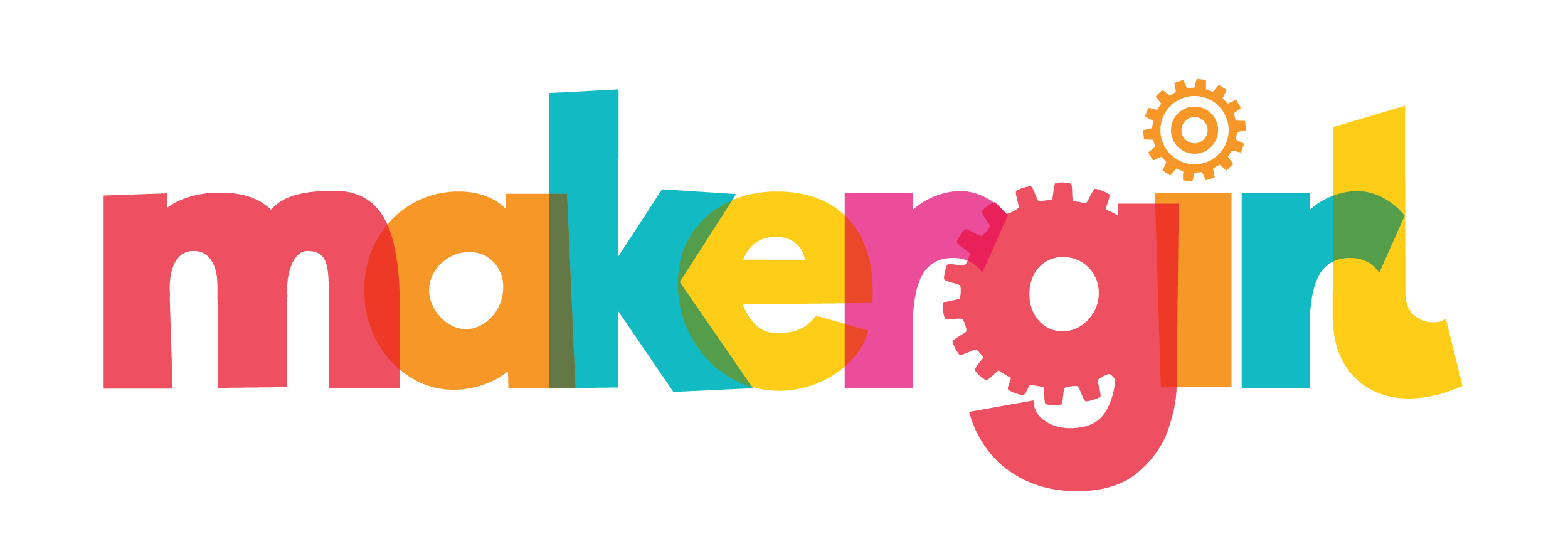PRINCESS AWESOME DEFIES GENDER STEREOTYPES AND EMPOWERS GIRLS
One of our team members, Rachel, introduced us to Eva St. Clair and Rebecca Melsky: co-founders of Princess Awesome. Read more about their company below to see how they're empowering MakerGirls across the country!
[Washington, DC]
How deeply ingrained are gender stereotypes?
“I was putting away laundry in my sons’ room one day, and without thinking I stuffed my daughter’s blue Cars Busy Dress into their dresser,” recalls Eva St. Clair, a mother of four and co-founder of Princess Awesome. “That moment highlighted for me - a person who works in the girl empowerment space - just how much influence gender stereotypes have on our daily lives and habits.”
It is exactly those kinds of unconscious stereotypes about colors and themes that “belong” either to boys or girls that Princess Awesome is pushing back against. Founded in 2013, Princess Awesome makes girls’ clothes with colors and themes usually found only in the boys’ department.
“When we first started out, we were focused on providing girls with clothing options that reflected their interests,” says Rebecca Melsky, co-founder. “My daughter only liked wearing dresses, so we started with a basic play dress that came in different patterns - dinosaurs, pirates, ninja, atoms, and pi.”
That basic concept touched a nerve with many parents who agreed with the premise of Princess Awesome - that girls deserved a wider range of clothing options. In 2015, Princess Awesome raised more than $215,000 on Kickstarter, and has continued to experience double-digit growth since then. Over the last two years as customer feedback has come in, Melsky and St. Clair realized that their mission of empowering girls was also having an effect on adults.
"I love the science and math themed clothing for girls because it helps change the stereotypes of adults,” wrote one customer. “When my daughter wears her molecular orbital dress or rocket dress, adults communicate with her differently. Instead of calling her a princess or cute, the conversation expands to rockets and then my daughter talks about the moon and Jupiter. With her molecular orbital dress, she tells them that C represents carbon and she's made out of carbon and it forms bonds. Sure, she doesn't have the best grasp of any of this, but she's 3 and learning. And adults treat her more than a cute little thing which in turn strengthens her confidence."
Since confidence in a subject is closely aligned to interest in a subject, that little extra boost of encouragement from conversations with adults matters for girls, who are particularly prone to lost interest in STEM subjects as they reach middle school. But breaking through norms that are deeply and often unconsciously held is difficult; even adults who want to support girls’ interests may rely on visual clues, such as how a girl is dressed, to make assumptions about her interests. Princess Awesome provides a means of expression for girls who want to combine the traditionally feminine with interests in STEM and adventure, creating a personal look that defies gender stereotypes.
“Our clothes tell girls that femininity and being female is acceptable in spaces where traditional gender norms are particularly strong, such as math and science,” says St. Clair. “Creating a new way of thinking about what it means to be a scientist or adventurer helps us adults too to remember to treat girls as individuals with unique interests. And maybe that will help us raise children who don’t associate blue and cars so strongly with being a boy.”



